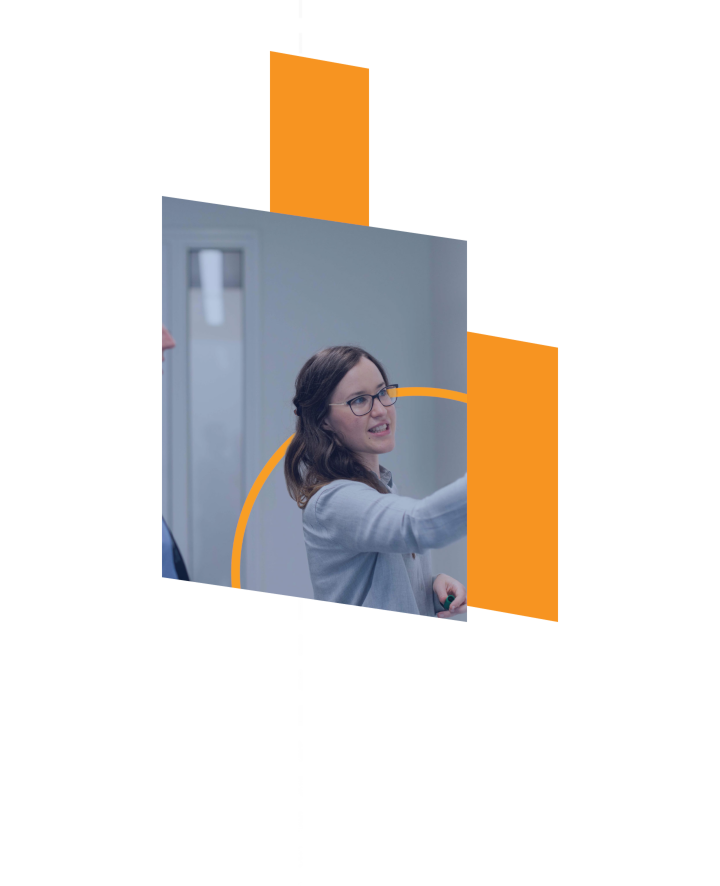Embracing Technological Integration
The integration of digital tools and platforms in HR processes is no longer a futuristic vision but a present-day reality. From applicant tracking systems to AI-driven talent analytics, technology is streamlining recruitment, enhancing precision in candidate selection, and enabling more personalised employee engagement strategies. For the Engineering and Manufacturing sectors, where innovation is the linchpin of success, adopting these technological solutions is crucial for staying competitive in talent acquisition and management.
Navigating the Skills Gap
A persistent challenge within these sectors is the skills gap, exacerbated by rapid advancements in areas such as automation, robotics, and sustainable manufacturing practices. The role of HR is pivotal in bridging this gap through strategic recruitment and continuous employee development initiatives. Partnering with educational institutions for bespoke training programmes and fostering a culture of lifelong learning are essential strategies to ensure the workforce remains adept and agile.
The Rise of Flexible Working
The pandemic has irrevocably altered perceptions of the traditional workplace, with flexible working arrangements becoming a mainstay. For sectors historically characterised by on-site operations, this shift poses unique challenges and opportunities. HR professionals must navigate these changes, implementing policies that balance operational needs with employee well-being. Flexibility, in this context, isn't just about where work is done, but also how work schedules are designed to accommodate diverse life commitments.
Prioritising Employee Well-being
Employee well-being has taken centre stage, with a growing recognition of its impact on productivity, retention, and overall company culture. In the demanding environments of Engineering and Manufacturing, addressing physical, mental, and emotional health is paramount. HR's role in crafting well-being programmes, stress management workshops, and a supportive workplace culture cannot be overstated. It's about building resilience, fostering a sense of belonging, and ensuring that every employee feels valued and heard.
Championing Diversity and Inclusion
The drive towards more diverse and inclusive workplaces is gaining momentum, with clear evidence linking diversity to enhanced innovation and business performance. In sectors historically dominated by a less diverse workforce, HR's role in promoting inclusive recruitment practices, unconscious bias training, and creating environments where diverse talents can thrive is critical. It's not just about ticking boxes; it's about weaving diversity and inclusion into the very fabric of the organisational culture.
Conclusion
As we navigate the changing landscape of HR in the UK's Engineering and Manufacturing sectors, the focus must be on agility, foresight, and a commitment to continuous improvement. At MTS-UK, we are dedicated to guiding our clients through these shifts, leveraging our expertise to foster environments where talent flourishes, and businesses thrive. The future is ripe with challenges, but with the right strategies, it also holds unparalleled opportunities for growth and innovation.
